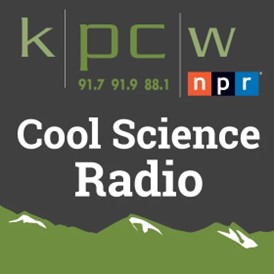 By Cristina D’Imperio
By Cristina D’Imperio
KPCW, an affiliate of National Public Radio (NPR), interviewed Stephen Badylak, DVM, PhD, MD, in an episode of Cool Science Radio titled “Improving Humans’ Response to Metal Implants.”
Host Katie Mullaly interviewed Dr. Badylak, a Deputy Director of McGowan, on his recent participation in an FDA panel investigation which produced a report on biological responses to metal implants, such as plates, rods, mesh, and screws.
“What improvements can we make to fix whatever limitations are there?” posed Dr. Badylak. “It’s an ongoing, and probably will always be an ongoing, search for the next best biomaterial.”
Dr. Badylak noted that implants have been found in humans as far back as the ancient Egyptians and credited many modern changes in biomaterials to advancements that have been made in the field of immunology.
“Our immune system is much more flexible than we ever thought before,” he stated. “Instead of thinking of the immune system as something that simply protects us against infections and fights off foreign materials and so forth […] it plays an absolutely essential, critical role in everything from development to aging, to maintaining normal, healthy states of tissues all over the body.”
“It sounds pretty straightforward,” continued Dr. Badylak, “but if you think of it in the context of biomaterials, what is means is that if you can design a biomaterial that can perform its intended function, but not have the body treat it as an invader, as a foreign object it needs to get rid of, you’re going to have a much better outcome.”
To hear more on Dr. Badylak’s thoughts on the future creation of biomaterials that are “immune-system friendly,” listen to his conversation with Ms. Mullaly here, on Cool Science Radio.
Find out more about Dr. Badylak’s research and lab here.
